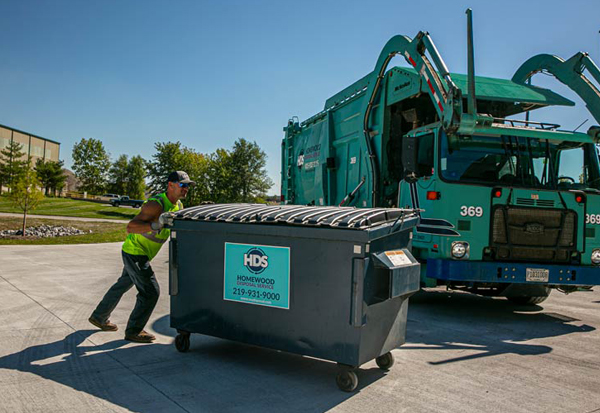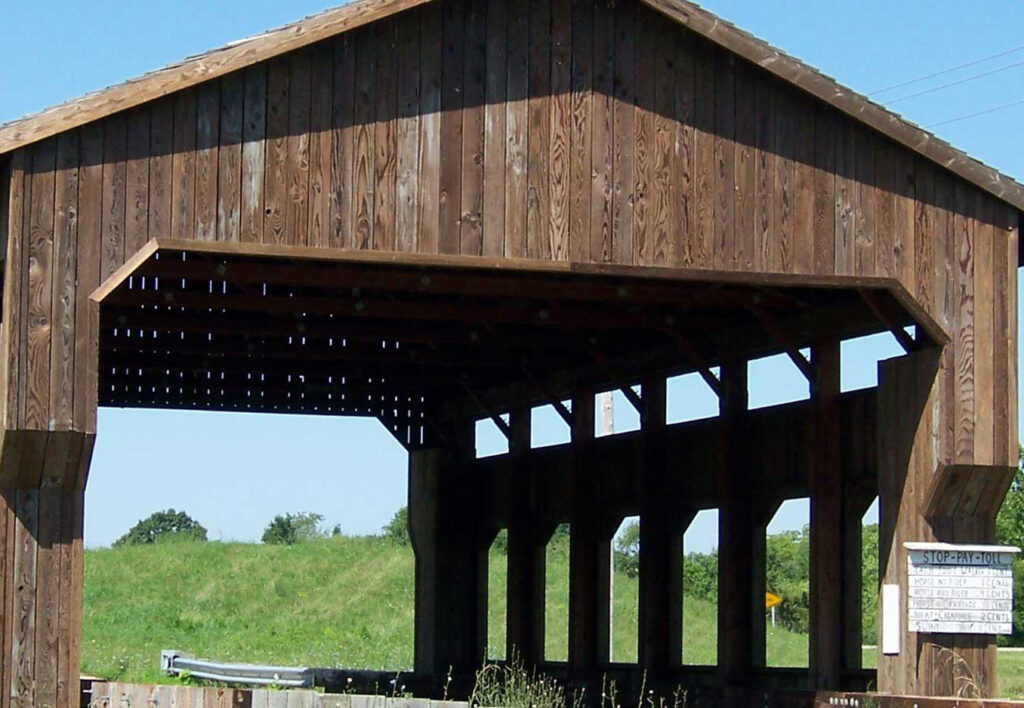Clark County Residents Confront Board Over Solar Project Concerns
Article Summary: Residents raised sharp objections to ongoing solar energy projects during the Clark County Board meeting, demanding more detailed decommissioning plans and protections for local roads. The board was asked to halt building permits for solar developments until stronger ordinances are in place to ensure companies, not taxpayers, are responsible for the full cost of removing panels in the future.
Solar Project Concerns Key Points:
-
Residents Ed Talbert and Bill Cornwell addressed the board with concerns about road use agreements and decommissioning plans for solar projects.
-
A request was made to deny any building permits for solar facilities until a more detailed decommissioning plan is submitted and approved.
-
Concerns were raised about potential damage to township roads from construction traffic, with opposition to widening 300 Road.
-
The county’s highway engineer confirmed that road use agreements are still under negotiation and have not been signed.
MARSHALL, IL – The Clark County Board on Friday, August 15, 2025, faced public criticism regarding its oversight of large-scale solar energy projects, as residents demanded stricter regulations for road use and the eventual cleanup of solar panel sites.
During the public comment portion of the meeting, resident Ed Talbert questioned the status of road use agreements for the projects, which are intended to ensure solar developers are responsible for any damage to local infrastructure during construction. County Highway Engineer Dallas Richardson confirmed the agreements are “still in process” and that nothing has been signed. He noted that he has met with the Johnson Township road commissioner to review the terms.
Talbert pressed the board to reject any exemptions for road postings in Johnson Township for the solar project and voiced his opposition to plans for widening 300 Road and increasing the radius at its intersections to accommodate construction traffic.
Talbert also read a statement from Bill Cornwell, who could not be present. Cornwell’s statement focused on the need for a more robust decommissioning plan in the county’s solar ordinance. He argued that current plans are inadequate and could leave taxpayers responsible for future cleanup costs.
“Cornwell is asking for a more detailed decommissioning plan,” Talbert read, “plans need to be itemized where the panels would be hauled due to impacting the cost of the decommission process and to not approve a building permit until a more detailed plan has been submitted.”
The concerns highlight a growing issue for rural counties across the state: how to balance the economic benefits of renewable energy projects with the need to protect local infrastructure and ensure long-term environmental responsibility. Decommissioning, the process of removing solar panels and restoring the land at the end of a project’s life, has become a key point of contention. Residents fear that without detailed, financially secure plans, defunct solar fields could become a blight on the landscape.
The board did not provide a direct response to the request to withhold building permits, as the discussion occurred during the public comment period, which does not typically involve board debate or action. However, the comments put the board on notice that residents are closely watching the negotiation of road use agreements and expect stronger protections in the county’s ordinances.
Latest News Stories

Special Delivery by Kim’s Crafts

Shore-Murphy & Associates of Casey

Shoaff Law LLC

Sarah Bush Lincoln Casey Clinic

Richards Farm Restaurant

Reflections Family Restaurant

Big Things Attractions

Trash Pick a Day Late

Main Street Closed for Candy Canes on Main

Business Incentives

Economic Development

Candy Canes On Main Dec 6 & 7, 2024
- « Previous
- 1
- …
- 77
- 78
- 79













